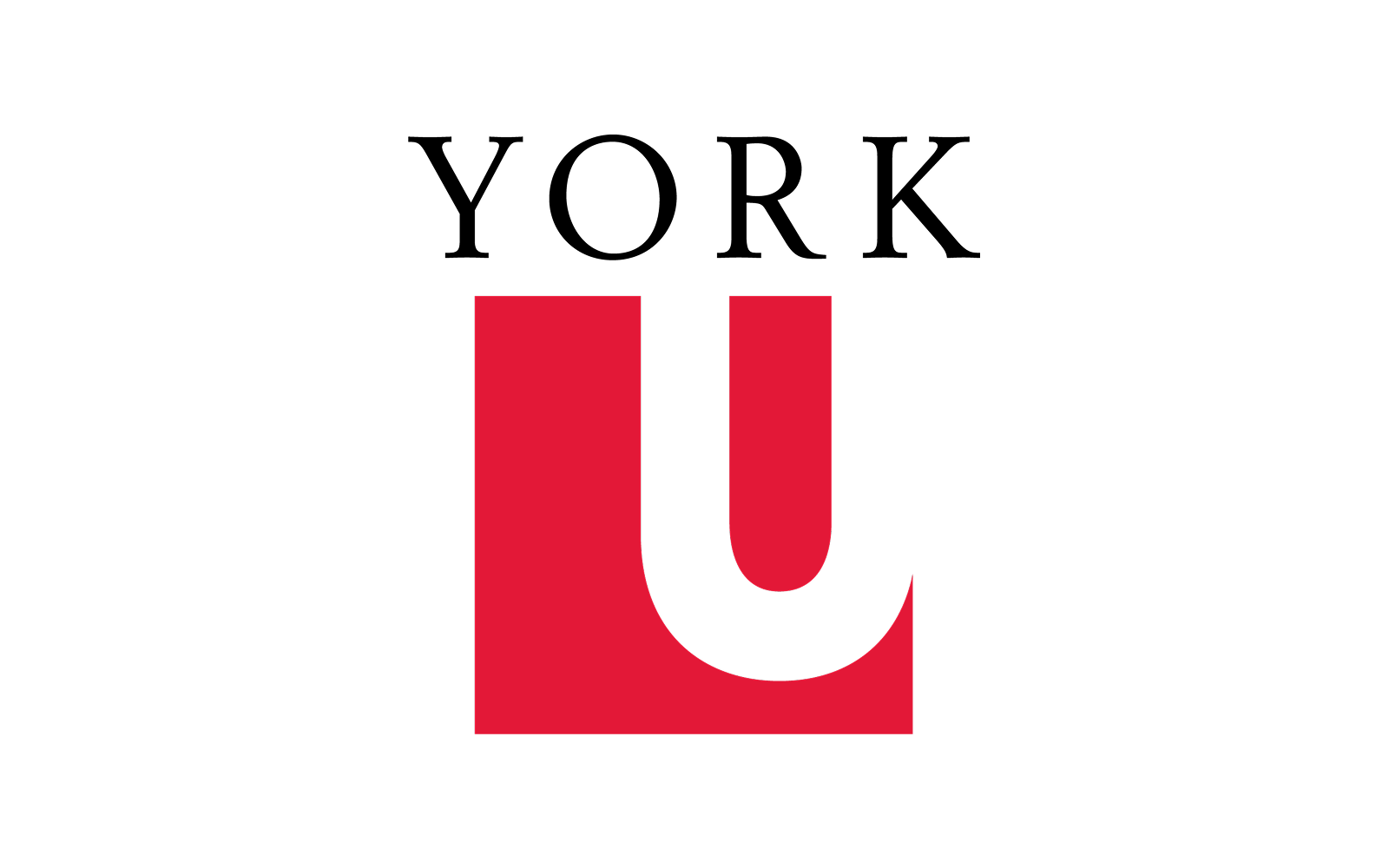Understanding Parental Intentions to Support Child Involvement in Special Olympics Programs Following the use of the SOC Stay Health at Home Activity Kit
Principle Investigators: Dr. Vivian Lee (Carleton University), Dr. Jonathan Weiss (York University)
Co-Investigators: Dr. Rebecca Bassett-Gunter, Dr. Jessica Fraser-Thomas

Project Summary
The Special Olympics Home Activity Kit was designed to help children with intellectual and developmental disabilities (IDD) stay active, especially during the COVID-19 pandemic when in-person programs were unavailable. The kit included items like bean bags, balls, bands, and pilons, along with activity sheets and video resources to guide caregivers in supporting their child’s physical activity at home.
This Project Aimed to Understand:
-
1Whycaregivers ordered the Activity Kit.
-
2Howfamilies used and interacted with the items.
-
3Whethercaregivers were interested in future SOC programs for their child.
Caregivers of children who received an Activity Kit participated in surveys and follow-up interviews to share their experiences.
Findings:
Most caregivers said physical activity is important for their child's health, but over 40% didn’t know how much exercise is recommended. More than half had never participated in SOC programs before COVID-19, though many recognized benefits like better physical and mental health, social skills, and self-confidence. Over 60% planned to enroll their child in SOC programs. Families continued using the Home Activity Kit beyond the pandemic for play, obstacle courses, physiotherapy, and virtual programs. However, over 50% of caregivers said they lacked information about SOC programs in their communities, showing a need for better outreach.
Key Messages
-
1Improve OutreachStrengthening communication with caregivers can increase awareness and engagement in SOC programs.
-
2Provide Clear GuidelinesEducating caregivers on recommended physical activity levels for children with IDD will support informed decision-making.
-
3Encourage Continued EngagementOffering additional resources and adapting kits for physiotherapy, structured play, and future virtual programming can enhance long-term benefits.

